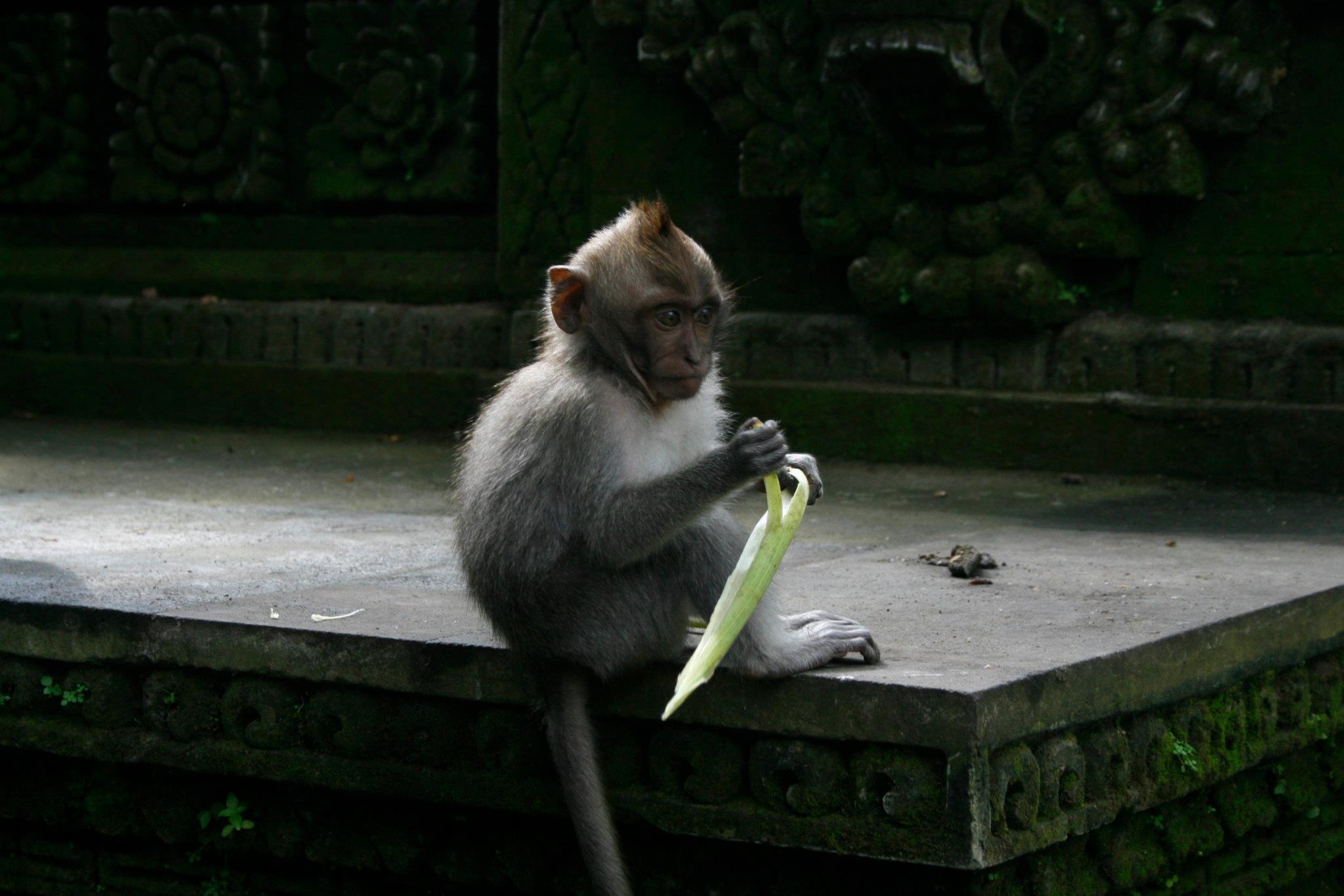
As the coronavirus (COVID-19) pandemic continues to unfold, University of Melbourne researchers are joining part of a consortium of veterinary scientists established to train a new generation of 'animal disease detectives' in 11 countries across Southeast Asia and the Pacific.
The consortium will engage with government animal health authorities and educators in the Asia-Pacific region to strengthen the capacity to detect, respond, control and prevent animal disease outbreaks that could affect human health, animal health and farmer livelihoods.
Funded by the Indo-Pacific Centre for Health Security at the Australian Department of Foreign Affairs and Trade (DFAT), the project includes more than 40 experts from veterinary schools across Australia, New Zealand and the Asia-Pacific.
University of Melbourne lead Professor Mark Stevenson said that the project would promote a more consistent approach to veterinary epidemiology teaching in Southeast Asia and improve epidemiological problem-solving skills among Southeast Asian veterinarians.
"Zoonotic diseases, which transfer from animals to humans, are a major contributor to the burden of disease in Southeast Asian countries. A significant proportion of emerging infectious diseases originate from animals, making this work critically important," Professor Stevenson said.
Researchers emphasise that while COVID-19 has its origins in an animal transfer, there is no evidence that COVID-19 can be contracted from your pets or other animals.
Program leader Associate Professor Navneet Dhand from the University of Sydney School of Veterinary Science said transboundary animal diseases, which travel quickly across borders, and zoonotic diseases, are increasing in frequency due to a range of factors including population growth, urbanisation and increasing global air travel.
"These diseases can spread rapidly across borders and have huge economic and health impacts. We are finding this out right now with COVID-19," Associate Professor Dhand said.
"Our program will support our neighbours' efforts to deal with these emerging threats and in doing so, strengthen Australia's biosecurity, health and economy.
"A year after African swine fever wiped out more than a quarter of the global pig population and with more than 200, 000 people dead from COVID-19, equipping veterinarians with the tools for disease outbreak investigation and surveillance has never been more important."
The program will help develop the capacity for early intervention in the investigation and management of animal disease outbreaks in the Asia-Pacific region, helping to halt the spread of transboundary diseases.
Alongside the on-site training, veterinarians and para-veterinarians will be offered project work with their in-country animal health ministries and selected candidates will be provided with fellowships for further training in Australia's world-class veterinarian schools.
The $4.3 million program will run for three years and operate in Cambodia, Fiji, Indonesia, Laos, Myanmar, Papua New Guinea, Philippines, Solomon Islands, Timor-Leste, Vanuatu and Vietnam.
Declaration: This research is supported by the Australian Department of Foreign Affairs and Trade.






